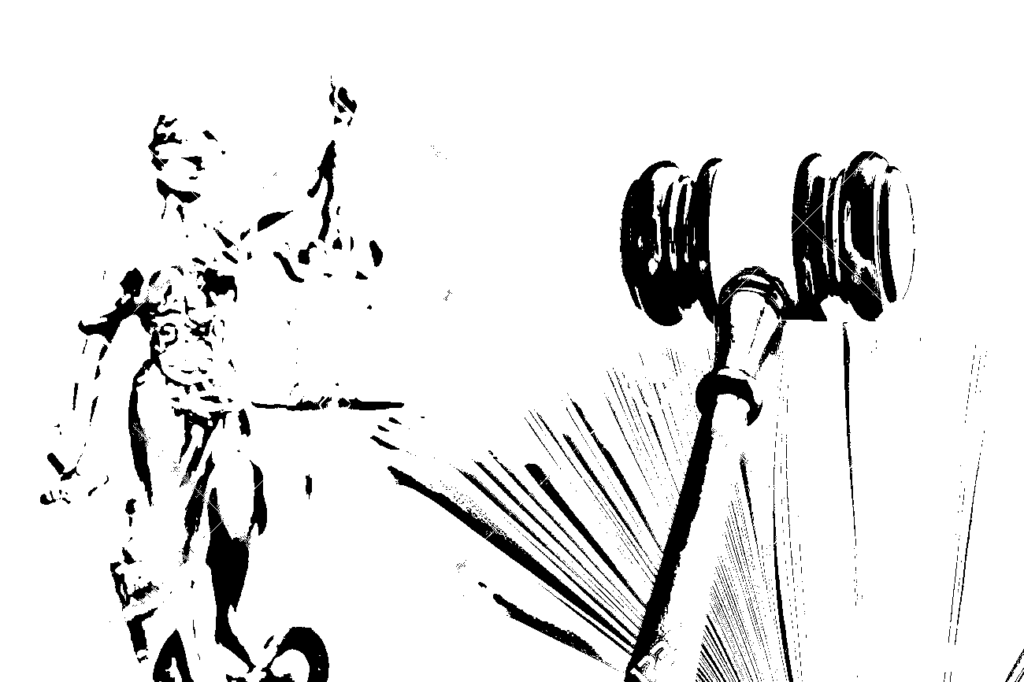The Supreme Court of India has ruled that the moratorium under section 14 of the Insolvency and Bankruptcy Code (IBC) is applicable to cheque-dishonour complaints against the corporate debtor under the Negotiable Instruments (NI) Act (P. Mohanraj vs. M/s Shah Brothers Ispat Pvt. Ltd., AIRONLINE 2021 SC 103).
But there is little to cheer for those at the helm of such a corporate debtor at the time of the offence under section 138• Dishonour of cheque for insufficiency, etc., of funds in the account.—Where any chequedrawn by a person on an account maintained by him with a banker for payment of any amount of moneyto another person from out of that account for the discharge, in whole or in part, of any debt or otherliability, is returned by the bank unpaid, either... More of the NI Act. The court clarified the moratorium• Moratorium.—(1) Subject to provisions of sub-sections (2) and (3), on the insolvencycommencement date, the Adjudicating Authority shall by order declare moratorium for prohibiting all ofthe following, namely:—(a) the institution of suits or continuation of pending suits or proceedings against the corporatedebtor including execution of any judgment, decree or order in any court of law, tribunal, arbitrationpanel or other authority;(b)... More is not with respect to any such person who can be freely proceeded against under the Act (specifically under s. 141 which makes them liable along with the company).
The main argument against this position was based on the ejusdem generis and noscitur a sociis principles – rules of construction that courts employ to narrow down the scope of general words based on more specific language in their vicinity. The respondents in the case argued that the term “proceedings” in section 14(1)(a) of the IBC• Moratorium.—(1) Subject to provisions of sub-sections (2) and (3), on the insolvencycommencement date, the Adjudicating Authority shall by order declare moratorium for prohibiting all ofthe following, namely:—(a) the institution of suits or continuation of pending suits or proceedings against the corporatedebtor including execution of any judgment, decree or order in any court of law, tribunal, arbitrationpanel or other authority;(b)... More must be interpreted using said principles, and when so interpreted, it can only be read as a reference to purely civil proceedings in the nature of a “suit.”
This interpretation would have banished cheque-dishonour complaints against the corporate debtor from the purview of Section 14(1)(a), enabling such complaints to be instituted and continued despite the moratorium• Moratorium.—(1) Subject to provisions of sub-sections (2) and (3), on the insolvencycommencement date, the Adjudicating Authority shall by order declare moratorium for prohibiting all ofthe following, namely:—(a) the institution of suits or continuation of pending suits or proceedings against the corporatedebtor including execution of any judgment, decree or order in any court of law, tribunal, arbitrationpanel or other authority;(b)... More. However, it was not to be.
The court laid waste to the argument by holding that the term “proceedings” has been used in a wide sense advisedly, regard being had to the object of S. 14, which is to prevent any further depletion of the corporate debtor’s financial resources. The court ruled that principles of construction such as ejusdem generis and noscitur a sociis cannot be allowed to subvert the very object of a provision.
“Importantly, where a residuary phrase is used as a catch-all expression to take within its scope what may reasonably be comprehended by a provision, regard being had to its object and setting, noscitur a sociis cannot be used to colour an otherwise wide expression so as to whittle it down and stultify the object of a statutory provision,” the court opined.
Upon analysing section 138• Dishonour of cheque for insufficiency, etc., of funds in the account.—Where any chequedrawn by a person on an account maintained by him with a banker for payment of any amount of moneyto another person from out of that account for the discharge, in whole or in part, of any debt or otherliability, is returned by the bank unpaid, either... More of the NI Act, the court took the view that proceedings under that provision are effectively geared towards the recovery of money from the offender (up to twice the cheque amount). It added that such proceedings carry the risk of diminution of corporate debtor’s financial value – just like a civil suit for recovery of money – and cannot therefore be allowed during the moratorium• Moratorium.—(1) Subject to provisions of sub-sections (2) and (3), on the insolvencycommencement date, the Adjudicating Authority shall by order declare moratorium for prohibiting all ofthe following, namely:—(a) the institution of suits or continuation of pending suits or proceedings against the corporatedebtor including execution of any judgment, decree or order in any court of law, tribunal, arbitrationpanel or other authority;(b)... More under Section 14(1)(a).
It was next argued that proceedings under Sections 138 are not quasi-criminal but criminal in nature. The court made short work of the contention, pulverising it under the weighty combination of common sense and judicial opinions to the contrary.
The judgement is significant for its championing of purposivism and for being a reminder that no canon of construction can be invoked in the teeth of clear legislative intent.
That is not to say there are no problems with the judgement. But that is an article for another day.

An advocate with nigh on a decade’s worth of litigation experience and an insatiable appetite for knowledge, yours truly has been a regular in the Supreme Court and various other courts and fora in and around Delhi—as well as various High Courts around the country. He is a founding partner at The Law Syndicate.

